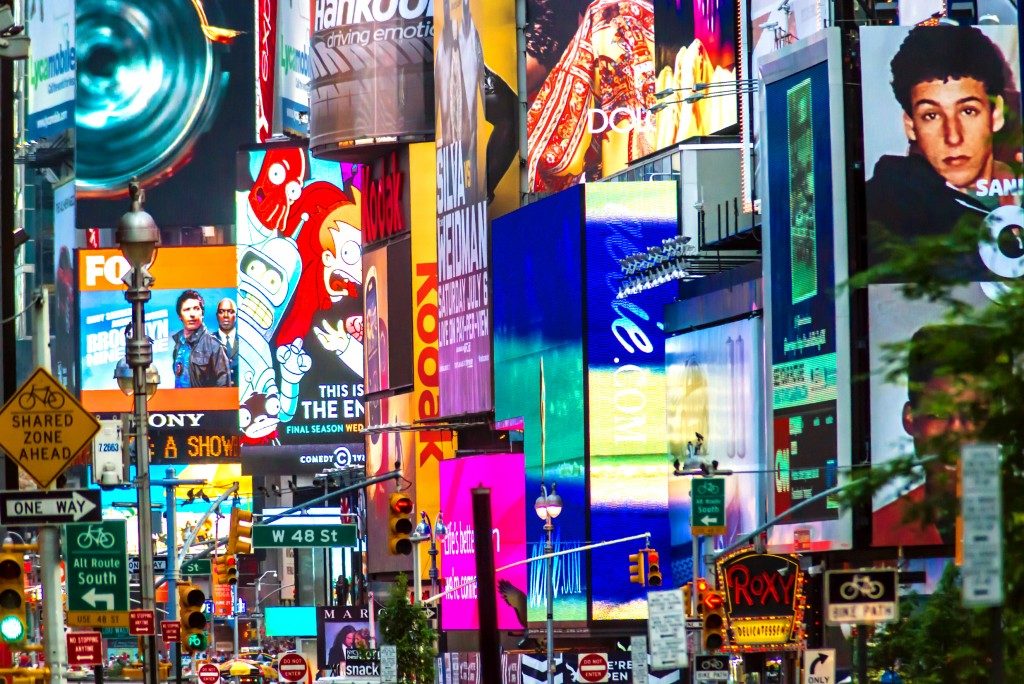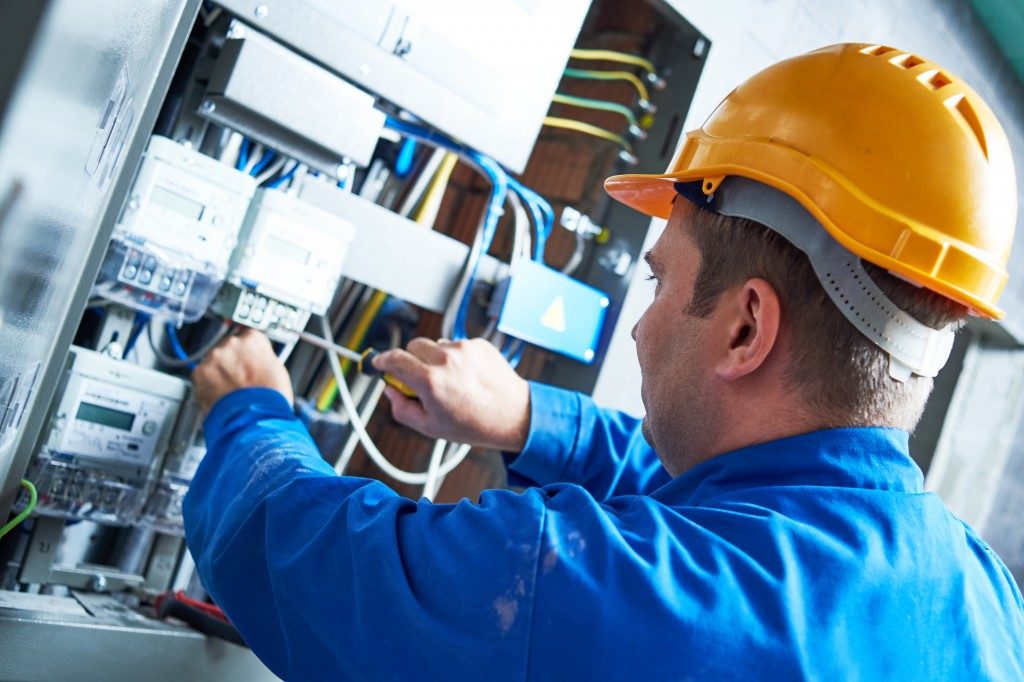Some companies have already reopened their offices this year with the rollout of Covid-19 vaccines. Some are still planning to reopen. Some have pushed back the reopening of offices to 2022 because of the spike in cases of the more contagious Covid-19 Delta variant.
According to a June 2021 study by McKinsey, among employees who have already returned to office-based work, a third stated that this has caused stress about their own risk of being infected by COVID-19 and transmitting it to their families at home. The same concern was raised by 49 percent of employees whose companies have yet to schedule their return to the office. Employees feel safer working remotely, where they are in control of their environment.
Keeping Covid Out of the Workplace
For some businesses, it is possible to have all employees working remotely. Other businesses, however, need to have certain employees working together at the office. For these companies, it is imperative to reassure employees that they will be working in an environment that has been completely adapted to ensure the highest possible safety against Covid 19 infection.
One of the ways to ensure the protection of workers is for employers to require everyone who works in the office to be fully vaccinated. CNBC reports that according to the U.S. Equal Employment Opportunity Commission, employers are allowed to do this provided they accommodate those who refuse to do so for religious reasons or medical reasons like pregnancy. A survey shows that 70 percent of employees support the requirement for full vaccination for those returning to work in the office.
Fortune provided a list of major companies that require all their employees to be fully vaccinated before returning to the office. A few of these are Google, Facebook, CNN, Johnson & Johnson, Moderna, Bank of America, Deloitte, Goldman Sachs, Saks Fifth Avenue, Uber Technologies, United Airlines, Walt Disney, and Lyft. A few of the companies that additionally require those who remain unvaccinated to submit weekly negative Covid test results are Pfizer, Amtrak, and Frontier Airlines. Meanwhile, a few of the companies that also require visitors to be fully vaccinated are Microsoft, Netflix, and The Washington Post.

For an additional layer of protection, and in compliance with the latest guidelines of the Centers for Disease Control and Prevention (CDC) for public indoor spaces, companies must require all employees and visitors to wear masks on the premises. There must be body temperature screening at the entrance of the building or the office.
The number of people in elevators must be limited to ensure physical distancing. The elevator floor and the waiting area outside it must be marked with tape to show people where they must stand. Wherever possible, people must be six feet away from each other.
Hand sanitizers that meet CDC standards must be available in elevators, at the entrance of the office, and at close intervals within the office. Every desk must have its own sanitizer for the hands and another to regularly disinfect high-touch surfaces during work hours.
Adapting the Workplace to Pandemic Conditions
Companies must comply with guidelines for office buildings by the CDC and the Occupational Safety and Health Administration. These emphasize the importance of proper ventilation. Companies must consult heating, ventilation, and air conditioning (HVAC) professionals for the proper installation and regular cleaning, inspection, and maintenance of equipment. They must increase the total airflow and the amount of outdoor air circulating in the space. Air filters with a minimum efficiency reporting value (MERV) of 13 or higher must be used to keep away outside air pollution and clean the indoor air.
Restrooms must have powerful exhaust fans that are always in operation. Install high-efficiency particulate air (HEPA) filtration systems for additional air cleaning in communal areas like elevators, pantries, locker rooms, meeting rooms, and visitor waiting areas. The use of ultraviolet germicidal irradiation (UVGI) equipment inactivates airborne viruses such as COVID-19.
Desk placements must be reconfigured to provide six feet between employees. If this is not feasible, high and wide physical barriers must be placed between desks. Clear acrylic is best to prevent a claustrophobic environment. If certain employees face customers, the same barrier must be installed between them.
Seating for visitors as well as in meeting rooms must likewise comply with the six feet distance. Whenever possible, provide outdoor areas with distanced seating and tables for meetings and lunch and coffee breaks. Any equipment that has a no-touch version must be replaced. This includes faucets and doors, among others.
Investing in changes to make the office safe from Covid 19 is an investment in the workforce. This is always a worthy expense.




